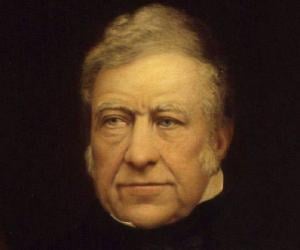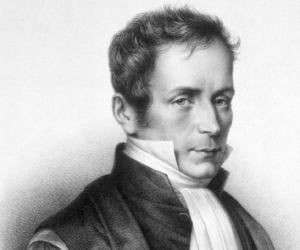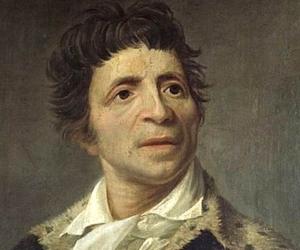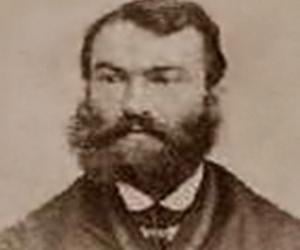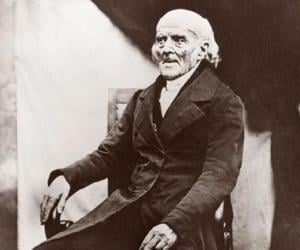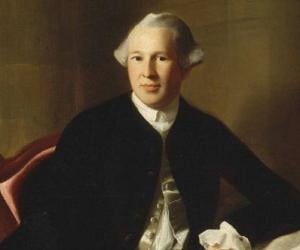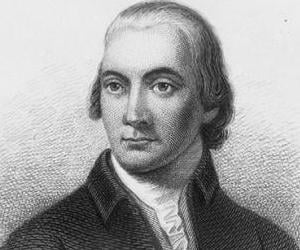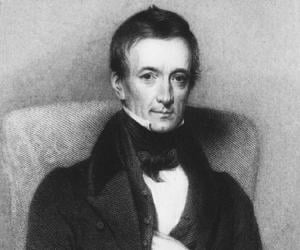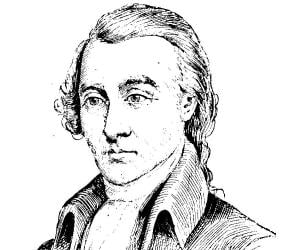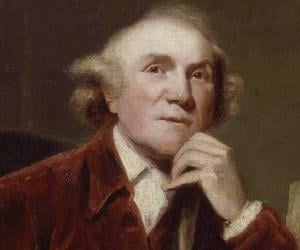
John Hunter was a Scottish surgeon remembered for his efforts to study the human anatomy through investigation and experimentation. An early advocate of scientific method in medicine, Hunter was considered one of the most prominent surgeons of his generation. He is also remembered for paying for the body of Charles Byrne and displaying the skeletal remains in his Hunterian Museum.
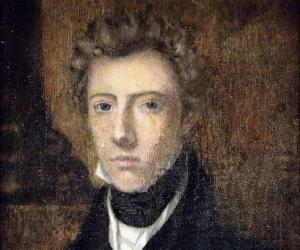
Military surgeon James Miranda Steuart Barry is most noted for making medical reforms and performing one of the first known successful Caesarean sections in Africa. Although during adulthood Barry lived as a man, at birth Barry was named Margaret Ann Bulkley and was known as a girl-child. Barry's birth sex became public after a post-mortem examination.
French political theorist, scientist, and physician Jean-Paul Marat was a key figure of the French Revolution. He published his radical views in pamphlets and newspapers, such as L'Ami du people. He was held responsible for the September massacres. His assassination by a Girondin supporter made him a Jacobin martyr.
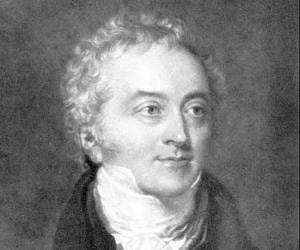
Often referred as The Last Man Who Knew Everything, British polymath Thomas Young made significant contributions to a wide range of subjects like vision, light, energy, musical harmony etc. Especially famous for Wave Theory of Light, he also made significant contribution in deciphering of Egyptian hieroglyphs. Young-Helmholtz theory, Young temperament and Young's Modulus carry his legacy to these days.
The man who lent his name to Parkinson’s disease, which he described as paralysis agitans in Essay on the Shaking Palsy, James Parkinson was a leading English surgeon. An avid paleontologist and geologist too, he often collected specimens and fossils. He and his son also offered the first description of appendicitis.
The founder of homeopathy, Samuel Hahnemann was a qualified physician but disapproved of medical practices such as bloodletting that were used back then. He thus formed his system of alternative medicine. The apathy of his fellow physicians in Leipzig forced him to move first to Köthen and then to Paris.
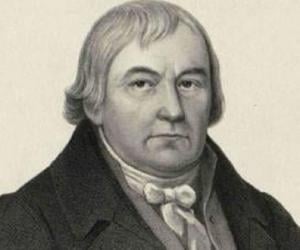
Though a doctor, Franz Mesmer studied the influence of astronomical bodies on the human body and on an invisible fluid inside it. He was a pioneer of animal magnetism, or mesmerism, which paved the path for modern-day hypnotism. Critics slammed his ideas and called him a fraud, too.
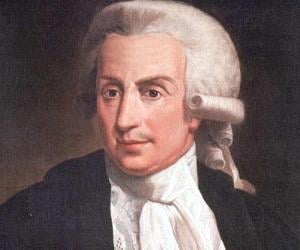
Luigi Galvani was an Italian physician, biologist, physicist, and philosopher. He is credited with the discovery of animal electricity and is considered a pioneer of bioelectromagnetics. He and his wife made one of the first forays into the study of bioelectricity when they discovered that the muscles of dead frogs' legs twitched when struck by an electrical spark.
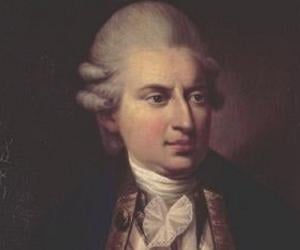
Eighteenth-century German physician Johann Friedrich Struensee was the official physician of King Christian VII of Denmark, who was mentally unstable. He later started dominating the court and also began an affair with Queen Caroline Matilda. In spite of introducing several reforms, he was eventually beheaded, following a coup.

Considered the founder of operative gynecology, Ephraim McDowell was also the first person to perfect lithotomy, a surgical technique for removing stones obstructing urinary bladder. He came to limelight when he successfully removed a 20-pound tumor from Jane Todd Crawford’s ovary, later performing twelve more ovariotomies, out of which seven were successful, thus demonstrating the viability of elective abdominal surgery.
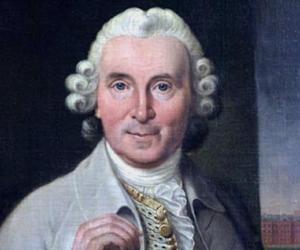
James Lind revolutionized medical science by recommending lemon juice and citrus fruits as remedies for scurvy in British Navy officials. Though born into a Scottish merchant family, he ended up becoming a successful naval surgeon. His research also included the prevention of typhus among seamen.
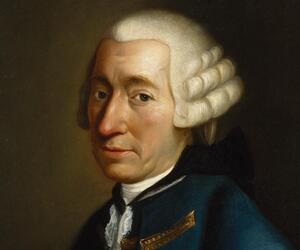
Best known for his picaresque novels such as The Adventures of Peregrine Pickle, Scottish novelist Tobias Smollett was born into a family of lawyers and soldiers and initially attended medical training. Some believe he quit university without a degree, while it is also said he had served as a navy surgeon.
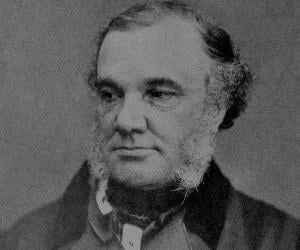
The man behind the discoveries of ailments such as Addison's disease and Addison’s (pernicious) anemia, British physician Thomas Addison also co-wrote the first book on the effect of poisonous agents on the human body. He plunged into depression in his later years and eventually committed suicide.
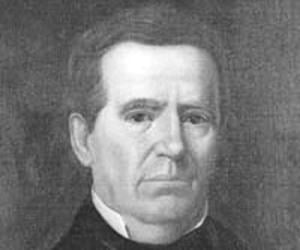
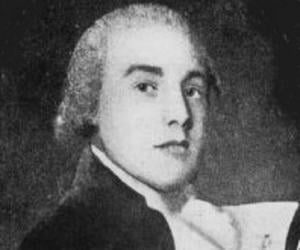
British naval surgeon George Bass is best remembered for his exploratory voyage to Australia, aboard the Reliance. He explored areas such as the Sydney coastline, Tasmania, and New South Wales. However, he was declared lost at sea after disappearing on a commercial voyage to South America.
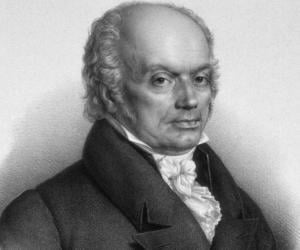
German neuroanatomist and physiologist Franz Joseph Gall was the founding father of cranioscopy, or the determination of intelligence and personality traits from the shape of a person’s skull, now known as phrenology. He was also the first to separate the gray matter of the brain from the white matter.
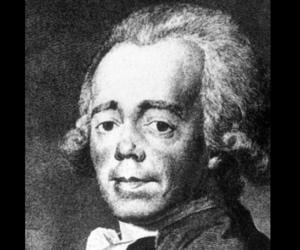
Best known for publishing The Family Shakespeare volumes, which made Shakespeare’s plays appealing to children, Thomas Bowdler was also a qualified doctor. His technique of diluting Shakespeare’s works gave rise to the word bowdlerize, which describes the over-simplification of books, films, or series, for making them family-friendly.
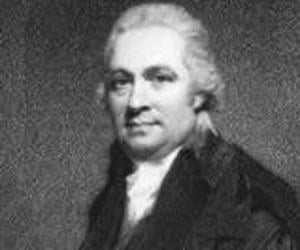
Best known for discovering nitrogen gas, Scottish chemist Daniel Rutherford was also initially a practicing physician. A skilled botanist, he also taught botany at the University of Edinburgh. His other inventions include the maximum and minimum thermometers. He also co-founded the Royal Society of Edinburgh.
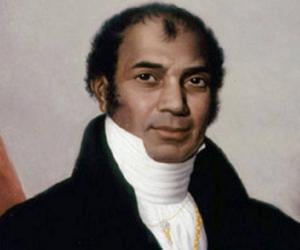
Physician, clergyman, and statesman Lyman Hall was one of the three delegates of the Congress from Georgia and one of four doctors to sign the United States Declaration of Independence. He also served as Governor of Georgia for a year and co-founded the University of Georgia before resuming his medical practice. Hall County in north central Georgia is named after him.
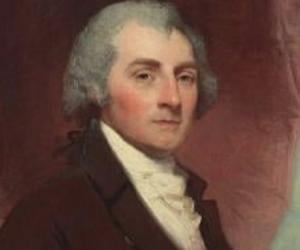
British-American William Thornton was initially trained in medicine and that is when he began drawing and sketching as part of his medical notes. He later won a contest for the design of the Library Company of Philadelphia's new hall. He also designed the Capitol in Washington, D.C.
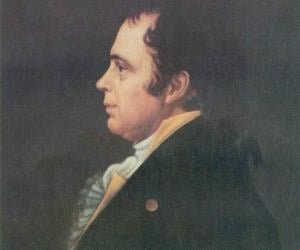
Scotch-Irish American military-surgeon and politician James McHenry, who served as the 3rd United States Secretary of War, is noted as a signer of the United States Constitution from Maryland. He was elected a delegate to Maryland State Convention of 1788. He was instrumental in reorganizing the United States Army into four regiments and established the United States Department of the Navy.
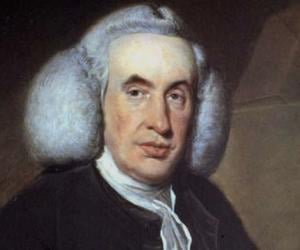
Apart from being a prominent Scottish physician, William Cullen was also a main pillar of the Scottish Enlightenment. Not only did he treat luminaries such as philosopher David Hume, but he also treated the poor free of cost. A University of Edinburgh professor of medicine, he was also a Royal Society Fellow.
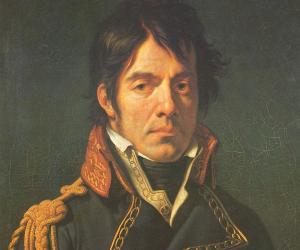
Dominique Jean Larrey was a French military doctor and surgeon. He is best remembered for his service during the Napoleonic Wars and the French Revolutionary Wars. A prominent innovator in triage and battlefield medicine, Dominique Jean Larrey is widely regarded as the first modern military surgeon.
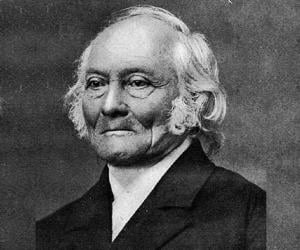
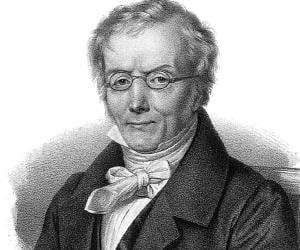
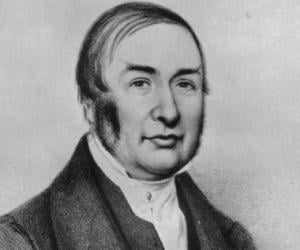
The Father of Hypnosis, James Braid used hypnotherapy as a treatment for scores of ailments such as paralysis and rheumatism. His research included the possibility of hypnosis as a tool to reduce pain during surgery. His methods were ridiculed initially but later paved way for the French school of neuropsychiatry.
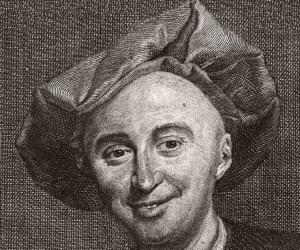

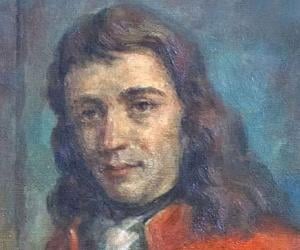
German-born zoologist and botanist Georg Wilhelm Steller traveled to Russia on a troop ship. He was later part of the Great Northern Expedition, aboard the St. Peter, aimed at locating a sea route from Russia to North America. The Steller’s sea cow, discovered by him, went extinct later.
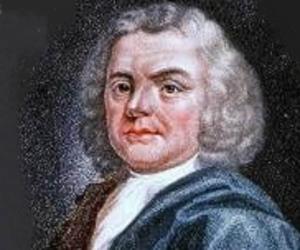
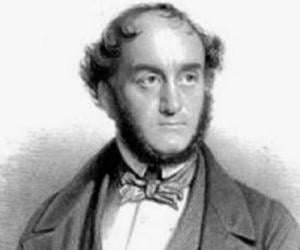
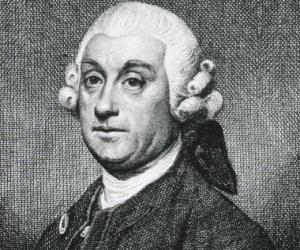
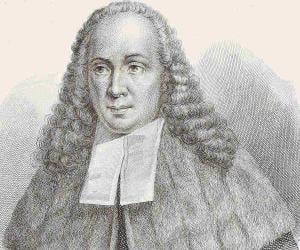
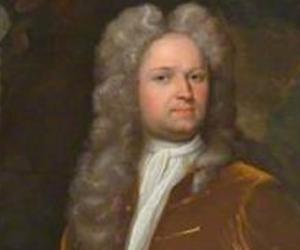
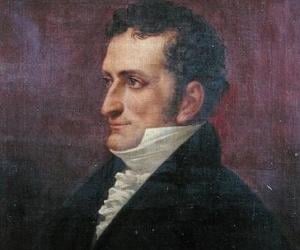
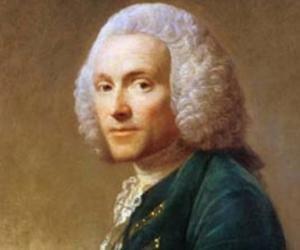
Physician William Hunter is remembered for his efforts in making obstetrics a branch of medicine. After observing medical students in France, he introduced the use of cadavers for dissection in Britain. The Hunterian Museum in Scotland started with a collection of his belongings, including books and works of art.
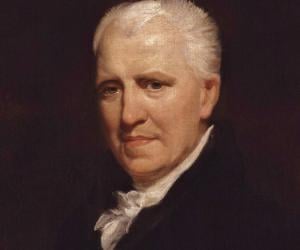
George Crabbe was an English surgeon, poet, and clergyman. He began his career as a doctor's apprentice in the 1770s and later become a surgeon. After a few years, he pursued a living as a poet and also served as a clergyman in various capacities. He wrote poetry mainly in the form of heroic couplets. He was also a coleopterist.

Seventeenth-century German physician and traveler Engelbert Kaempfer had been on trade missions across the world, including places such as Russia, Iran, Java, and Japan. His written experiences about his stay in Japan became a valuable source of information on the flora and fauna of the country.
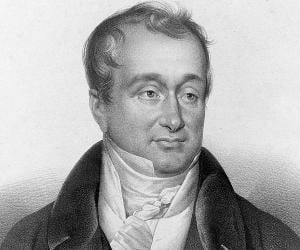
Guillaume, Baron Dupuytren was a French military surgeon and anatomist. Although he gained immense popularity after treating Napoleon Bonaparte's hemorrhoids, Dupuytren is best remembered for his description of Dupuytren's contracture. Guillaume, Baron Dupuytren was also an astute diagnostician and a brilliant teacher.
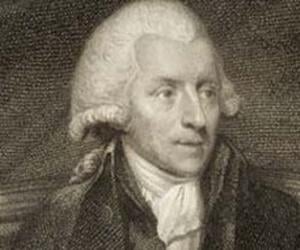
Born to a surgeon, William Withering followed in his father’s footsteps to become a physician, though he also had immense knowledge of botany, geology, and chemistry. He not only treated edema, or dropsy, with the help of the foxglove plant but also studied scarlet fever and suggested rum as a medical substitute.
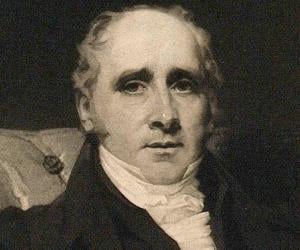
The third son of physician and botanist John Hope, Thomas Charles Hope began his career teaching chemistry and medicine and eventually chaired medicine at the University of Glasgow. He is remembered for discovering the element strontium and also explained why icebergs float. He eventually became a Fellow of The Royal Society.
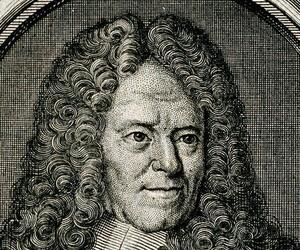
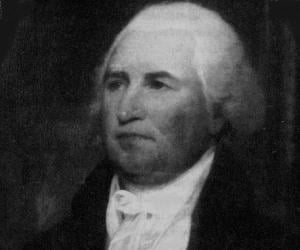
Edward Bancroft was a Massachusetts-born chemist and physician. He played an important role during the American Revolution, working as a double agent for both Great Britain and the United States. Edward Bancroft's activity as a double agent wasn't disclosed until 1891, when diplomatic papers were made public knowledge by Great Britain.

